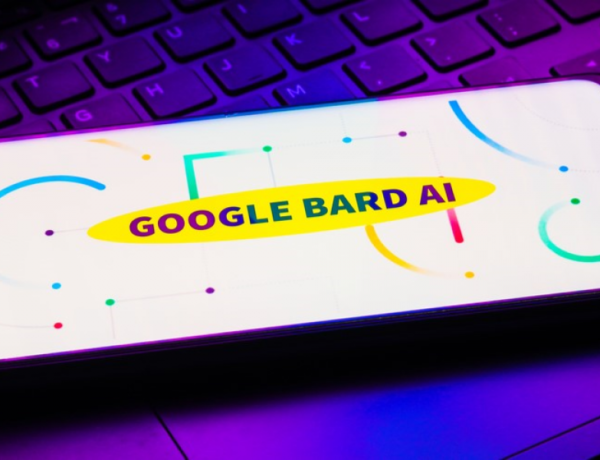Brazilian Watchdog Takes Action Against Elon Musk’s X
In a significant development, Brazil’s national telecommunications watchdog, Anatel, has moved to block access to Elon Musk’s social media platform, X, previously known as Twitter. This decision follows a court order mandating the restriction of access due to non-compliance with Brazilian regulations. The move has sparked discussions on the balance between regulatory enforcement and freedom of speech in the digital age.
Court Order Ignites Controversy
The court order leading to the blockage of X was issued in response to the platform’s alleged failure to comply with Brazilian laws related to the dissemination of harmful content. According to the court, X has not adequately addressed the spread of misinformation, hate speech, and other illegal content on its platform, prompting legal action. The decision has been met with both support and criticism, reflecting the ongoing global debate about the responsibilities of social media platforms in regulating content.
Anatel’s Role in Enforcing the Ban
Anatel, Brazil’s telecommunications regulatory agency, was tasked with implementing the court’s decision. The agency’s role includes overseeing the country’s internet service providers (ISPs) and ensuring they block access to X in accordance with the court’s ruling. This action marks one of the most high-profile instances of a government agency directly intervening to restrict access to a major social media platform, highlighting the growing influence of national regulators in the digital space.
Impact on Brazilian Users and Digital Freedom
The blockage of X in Brazil has significant implications for the platform’s millions of users in the country. Many Brazilian users rely on X for real-time news updates, social interactions, and political discourse. The platform’s restriction raises concerns about the impact on digital freedom and the potential for government overreach. Critics argue that such measures could set a precedent for increased censorship, while supporters believe it is necessary to protect public interest and maintain social order.
Elon Musk’s Response to the Ban
Elon Musk, CEO of X, has yet to issue a formal statement regarding the Brazilian court’s decision. However, Musk has been a vocal advocate for free speech and has previously criticized government interventions in social media platforms. The situation in Brazil poses a complex challenge for Musk and X, as they navigate the legal and ethical implications of operating in a global marketplace with varying regulations.
Broader Implications for Social Media Regulation
The action taken by Brazil’s watchdog against X could have broader implications for social media regulation worldwide. As governments increasingly scrutinize the role of platforms like X in shaping public discourse, other countries may follow Brazil’s lead in imposing stricter controls. This incident underscores the ongoing tension between the need for regulatory oversight and the protection of free expression in the digital age.
Looking Ahead: The Future of X in Brazil
The future of X in Brazil remains uncertain as legal proceedings continue and public debate intensifies. The platform’s ability to adapt to local regulations while maintaining its global user base will be a critical factor in its ongoing operations. As the situation unfolds, it will serve as a key case study in the evolving landscape of social media governance and the challenges faced by tech companies in complying with national laws.



